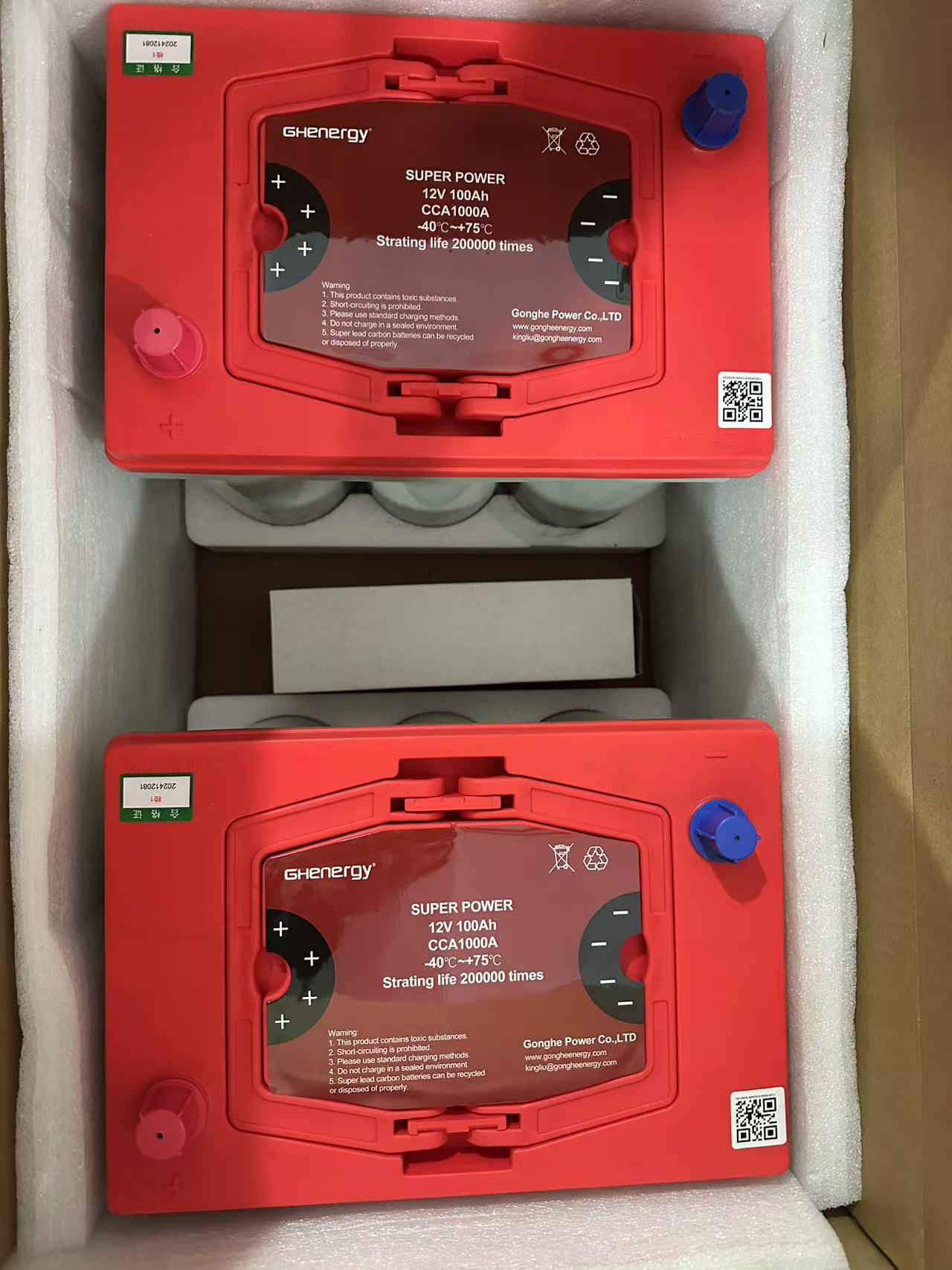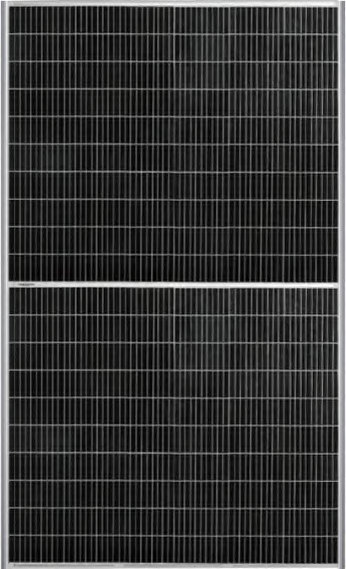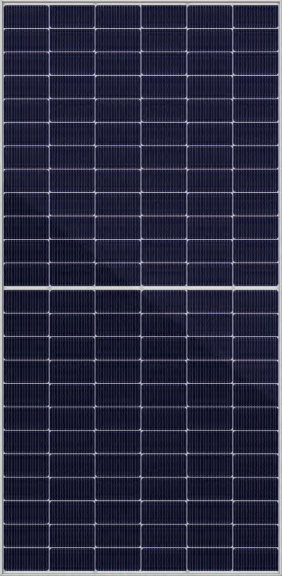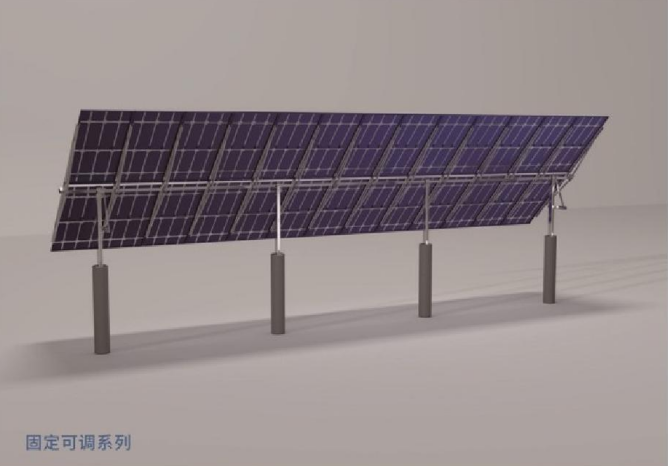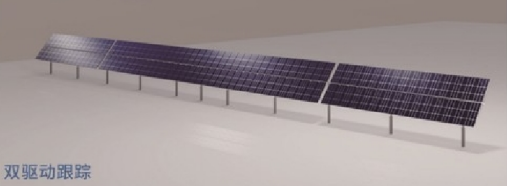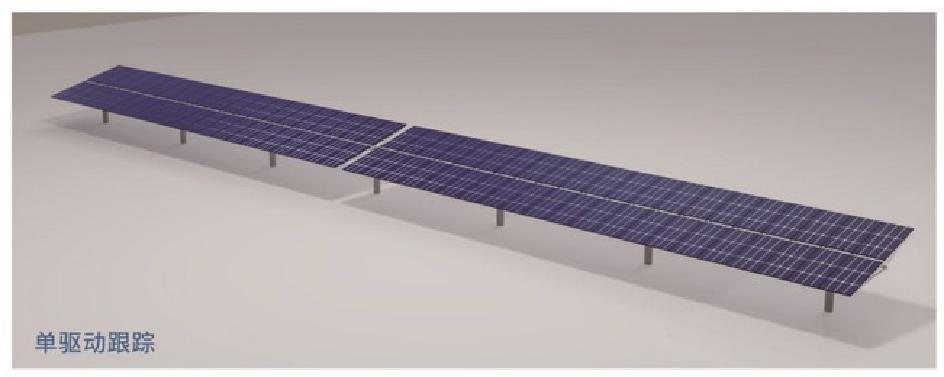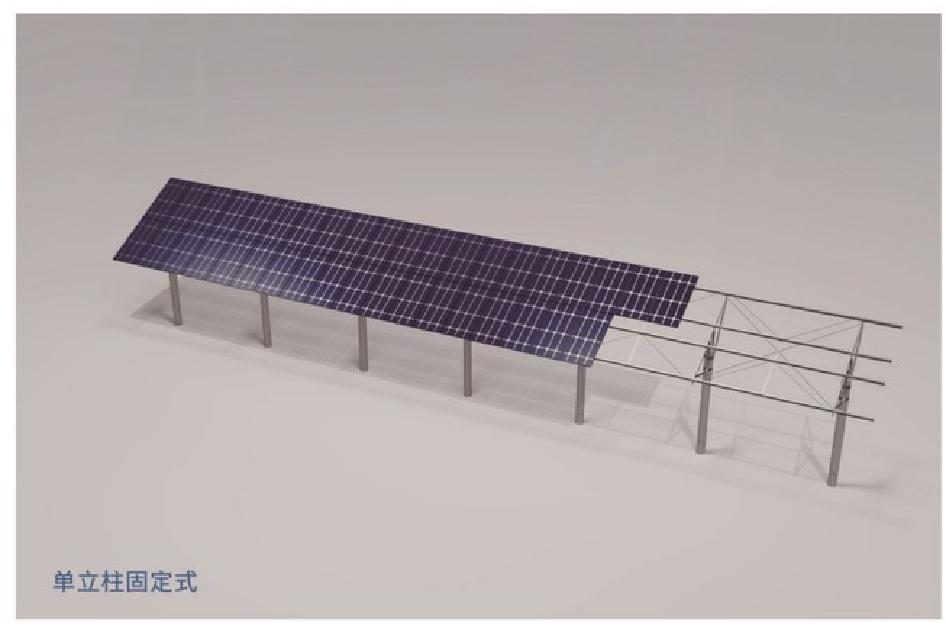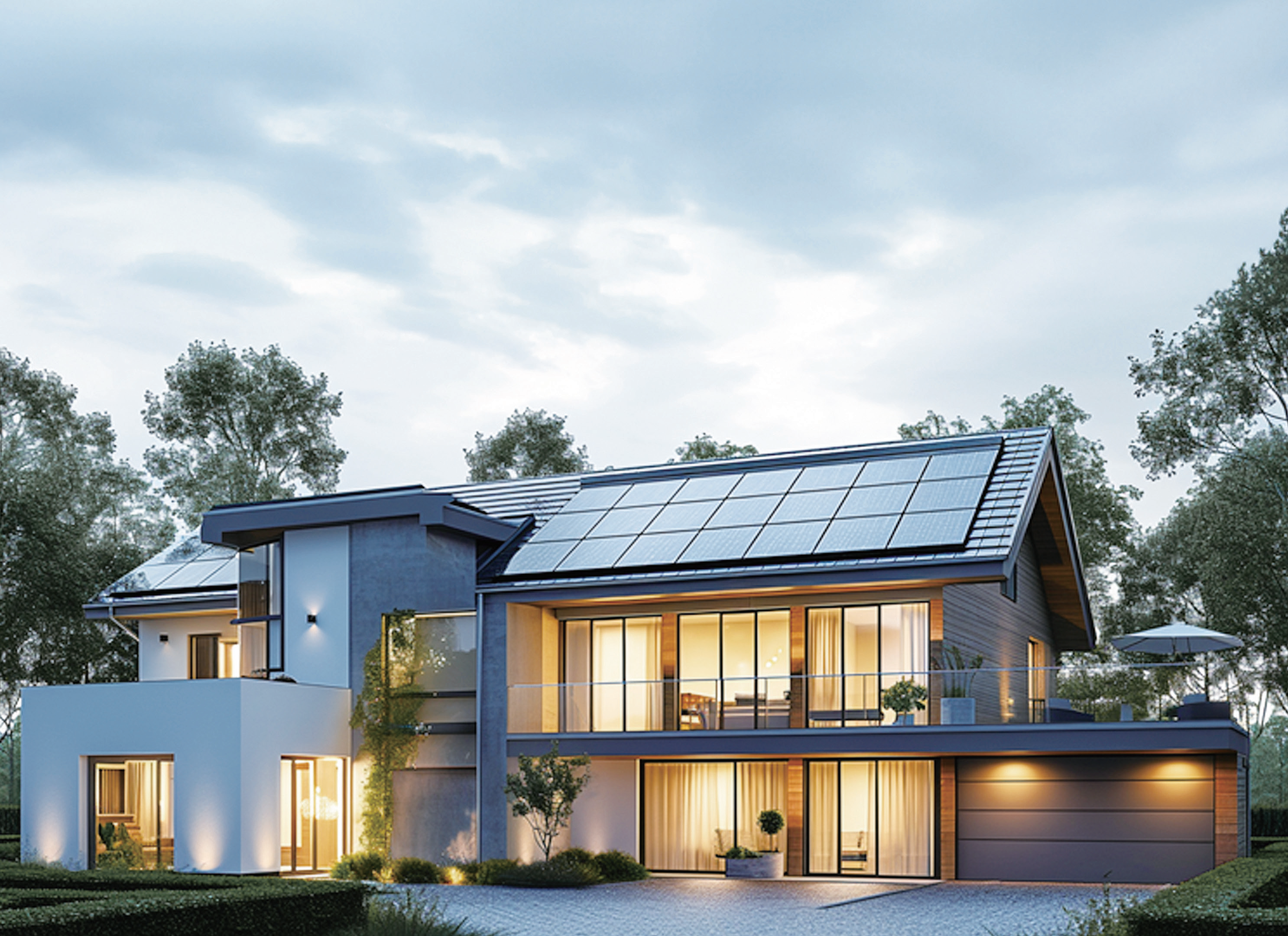Wedoany.com Report-Dec 06, The Australian Energy Market Operator’s new and first national electricity market transition to renewables system security plan is future proofing the grid well ahead of a time when rooftop solar could potentially meet 100% of NEM demand.
The Australian Energy Market Operator’s (AEMOs) new and first national electricity market (NEM) transition to a renewables system security plan is future proofing the grid well ahead of a time when rooftop solar could potentially meet 100% of NEM demand.
Set as a goal between 2030 and 2035 in the inaugural Transition Plan for System Security, the 100% rooftop solar generatoin to the NEM aim is in the final of three distinct planning periods allocated to the Transition Plan.
Called Horizons, they offer an approach to guide the energy sector through key transition points over the next decade.
With a focus over short-, medium- and longer-term horizons, the plan notes that immediate actions are required for all three to support adequate preparation for the long-term energy transition of the NEM.
Horizon 1 spans from December 2024 to the end of 2026, with transition points managed with today’s technology and includes enabling South Australia with one synchronous generating unit under certain conditions and managing and approaching minimum system load events in Spring 2025 (regional) and Spring 2026 (NEM-wide).
A focus on managing the system’s security when coal and gas generators are offline, alongside new frameworks for system strength and inertia will help in that period to define capabilities and evolve understanding of the future reliable renewables-dominated system.
Horizon 2, between 2027 to 2029, will identify potential future transition points to enable early preparation to occur before they arise as well as prepare for announced retirements of coal-fired power stations.
During that two-year period, demonstration and delivery of essential system services from grid forming inverters will be accelerated and requirements to support system operation with high rooftop solar contribution developed.
Horizon 3, between 2030 to 2035, is a period when future operational transition points will be screened for and planning done for periods when rooftop solar could potentially meet 100% of NEM demand.
The plan is a new obligation under the National Electricity Rules (NER), which complements AEMO’s existing system security obligations alongside those of transmission network service providers and market participants.
AEMO Future Energy Systems Group Manager Chris Davies said that the ‘improving security frameworks for the energy transition’ rule change intends to build on existing system security frameworks to help AEMO plan for a secure transition to a low emissions power system.
“The Transition Plan for System Security presents AEMO’s plan for managing system security through the transition to a renewables-dominated system as the available sources of supporting technology continue to evolve,” Davies said.
“As outlined in the report, this includes planning to accommodate large synchronous generator retirements and minimum system load events, when high rooftop solar contributions coincide with low demand from the grid.”
Davies said complementing existing markets and obligations, the Transition Plan discusses new types of security services necessary for the energy transition, and the trialling of new technologies to keep the power system operating within defined technical limits.
AEMO recently released a Transitional Services Guideline for consultation to develop a procurement approach for these new system security services that cannot be provided through existing frameworks.
Davies said as the system evolves towards increasing contributions from renewables, additional collaborative planning is required to maintain power system security.
“With renewables already supplying up to 75% of demand at times, and one-third of today’s coal, gas, and diesel plants set to retire within the next decade, collaborative planning is more important than ever,” he said.
“Our focus is on delivering the lowest-cost, secure electricity supply to benefit all stakeholders, particularly consumers,” he said.
